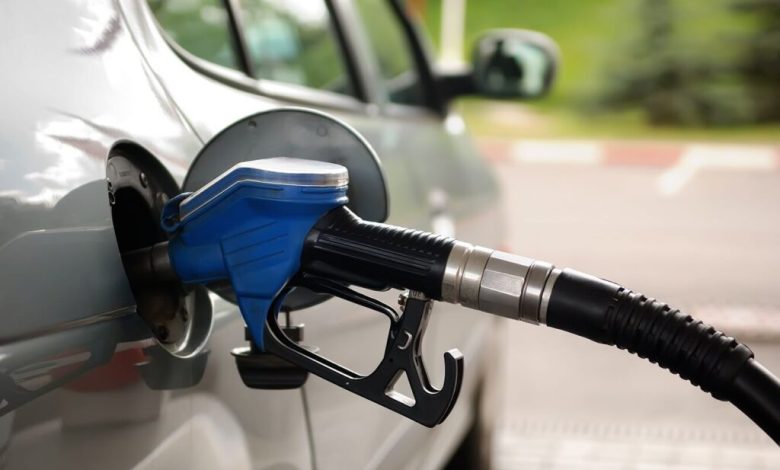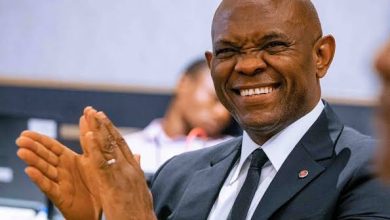Nigeria’s daily petrol consumption doubles after subsidy removal, raises concerns

The mystery surrounding Nigeria’s daily petrol consumption has deepened, with reports indicating a dramatic increase following the removal of the fuel subsidy.
According to Sunday Vanguard, the country’s daily petrol usage fell to around 30 million liters after President Bola Tinubu announced the end of the subsidy on May 29, 2023. However, it has since surged to over 60 million liters per day.
This unexpected rise is largely attributed to increased smuggling of petrol into neighboring countries, where prices are significantly higher than in Nigeria. Before the subsidy was removed, petrol was sold at around N254 per liter.
Afterward, prices soared to approximately N617 in Abuja and higher in various other regions. In Lagos, the price was relatively lower at about N568, but in many states, it exceeded N800 per liter.
The daily consumption figures have been contentious. The Nigerian National Petroleum Corporation Limited (NNPCL) reported an average daily consumption of 64.14 million liters in the first quarter of 2022, while the Nigerian Midstream and Downstream Petroleum Regulatory Authority (NMDPRA) cited an average of 66.8 million liters per day in September 2022.
However, in early 2023, NNPC’s Group Chief Executive Officer, Mele Kyari, admitted a lack of reliable data on actual daily consumption but confirmed that credible data was available on volumes evacuated from depots.
Experts suggest that the higher consumption figures are due to smuggling, as petrol earmarked for the local market is diverted to neighboring countries, where it is sold at higher prices. The removal of the subsidy led to a significant drop in daily consumption—from 69.54 million liters in May 2023 to 45.74 million liters by July 2023. However, with the surge in smuggling activities, daily consumption has rebounded to over 60 million liters.
The government ended the subsidy in part to address the misuse of funds and the smuggling of petrol into neighboring countries. Critics argue that the government’s inability to effectively police its borders and prevent smuggling does not justify the removal of the subsidy, which helped to lower costs for Nigerian consumers.
The reduction in subsidy also meant that the cost of petrol increased dramatically in Nigeria, placing an additional financial burden on citizens. The rise in international crude oil prices has further contributed to higher landing costs for imported petrol, with the subsidy margin now exceeding N600 per liter.
The NNPCL, which has been the sole importer of petrol, has accumulated over $6 billion in debt due to the subsidy payments, leading to recent supply shortages.
The situation has caused long queues at petrol stations and a reduction in the availability of fuel. NNPCL officials have reported difficulties in maintaining supply levels and have sought additional government funds to manage their liabilities and stabilize the supply chain.
As smuggling of petrol resumes, neighboring countries have also seen a rise in petrol prices, making it an even more attractive market for smugglers. Analysts predict that the situation will continue to impact Nigeria’s fuel supply and consumption patterns unless effective measures are taken to address the root causes of the crisis.





